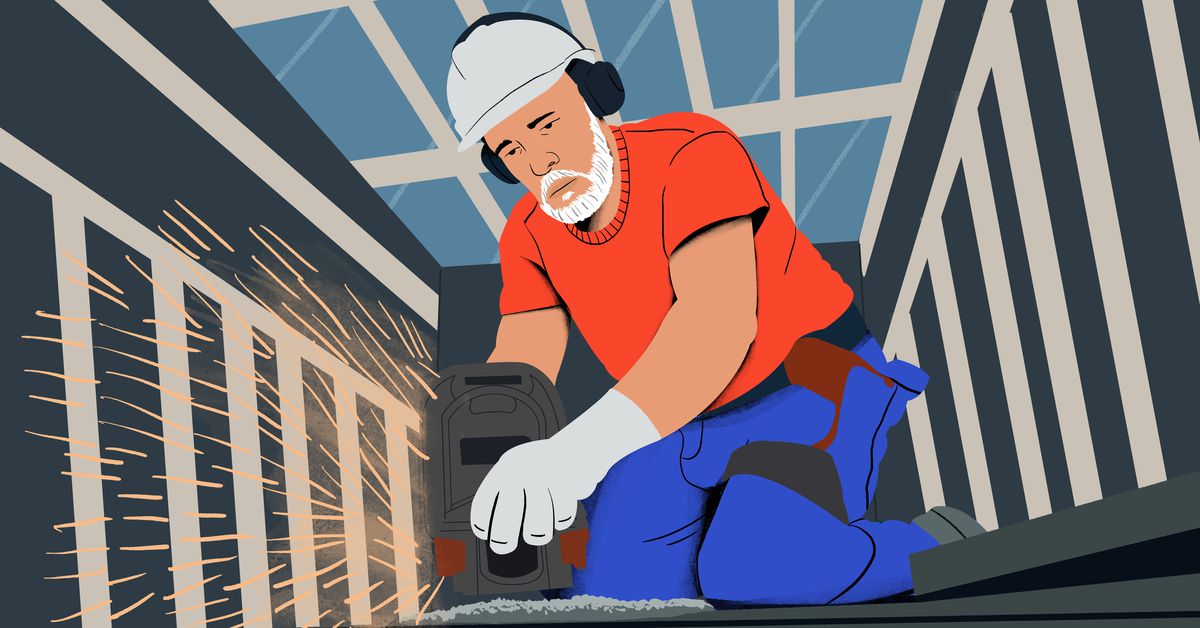- cross-posted to:
- economics
- cross-posted to:
- economics
How long will baby boomers keep working? For some, the answer is forever.
To grossly paraphrase Kim Kardashian, nobody stops working anymore. Just look at who’s in the running for the top job in the nation: a 77-year-old against an 81-year-old, both vying to keep working for another four years. Yet they’re in lockstep with a national trend — older Americans are working longer, into their 60s and even their 70s and beyond. Among Americans 65 and older, 19 percent were still working last year, which is almost a twofold increase from the late 1980s.
Last year, the average retirement age was 62, according to a Gallup survey, up from 59 in the early 2000s. Older people aren’t just delaying retirement, but working longer hours: On average, this group’s annual work hours are almost 30 percent higher than they were in 1987.
The question of why is hard to answer. People keep working because they want to and because they have to, and sometimes a mix of both. “You can think of it as both a reflection of empowered preferences to go work more and longer — versus curtailed savings that force you into the labor force. They’re both happening,” says economist Kathryn Edwards.



It could also be a cultural thing with this particular cohort. They were the ones who voted for Reagan (and Nixon if they are a bit older). The younger ones were the original Yuppies. Later in the 80s, as they started accumulating more stuff, Michael Douglas reassured them that “Greed is Good”. They idolized Alex P. Keaton.
It’s very possible that they don’t see their own self worth if they are not getting paid for something.
Don’t forget good old fashioned Christian guilt, idle hands and all that
I have seen this too. It’s how much money you earn that defines your worth. If you are making the world a better place, you’re not a good person. You should, instead, be doing sales or something and making more money.